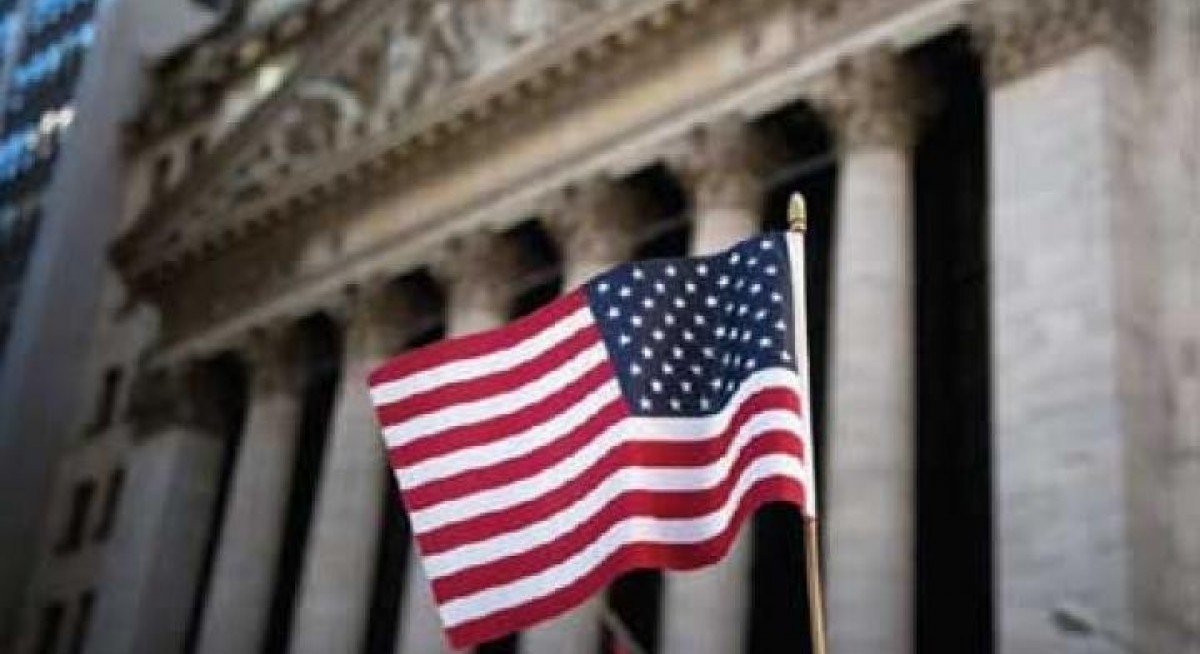3. Critically, the rise of relative competitiveness of the US:
a. In our article on March 4, 2024, titled “Secular decline in ringgit’s value due mainly to falling relative competitiveness — a result of decades-long poor government policies”, we explained at length the Balassa-Samuelson effect. That countries with higher productivity growth in the tradeable goods sector will see their currencies appreciate in the long run.
b. The gist of our article on Aug 18, 2025, “Trump wins the trade war — and the advantage of future US relative productivity gains” and the sidebar, “Trumpianomics will benefit the US greatly for years to come”, is that the substantially higher private investments to come will lead to US making big gains from productivity growth (especially from artificial intelligence). Yes, consumption in the US will fall (leading to global economic slowdown) for savings to rise (effectively keeping both domestic and international longer tenor interest rates high).
c. The above plus a falling trade deficit MUST lead to a stronger USD — as we have consistently argued writing on the MAGA Pathway.
d. This was made possible because Trump was uniquely (among global political leaders) able to sell to the majority of American voters a story where the net effect is short-term pain from higher prices (due to tariffs) for investments in the future that will generate long-term gains in competitiveness.
4. Now, given that:
a. In times of uncertainty, investors will buy USD and US assets,
b. The US economy and US companies will be more competitive, USD will appreciate (Balassa-Samuelson effect), and
c. US interest rates are currently higher than most other major developed nations (see chart),
surely this means that the long dated interest rates outside of the US must rise (even if the respective central banks lower short-term rates). And given the high government debt, and now high interest servicing costs, plus economic slowdown and rising inflation — which limits the fiscal space for expansionary policies (especially after Covid-19) — stagflation, even a financial meltdown, is a possibility.




